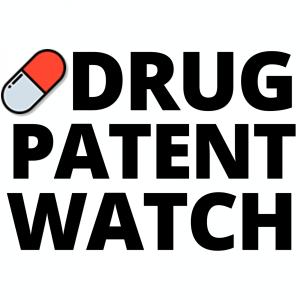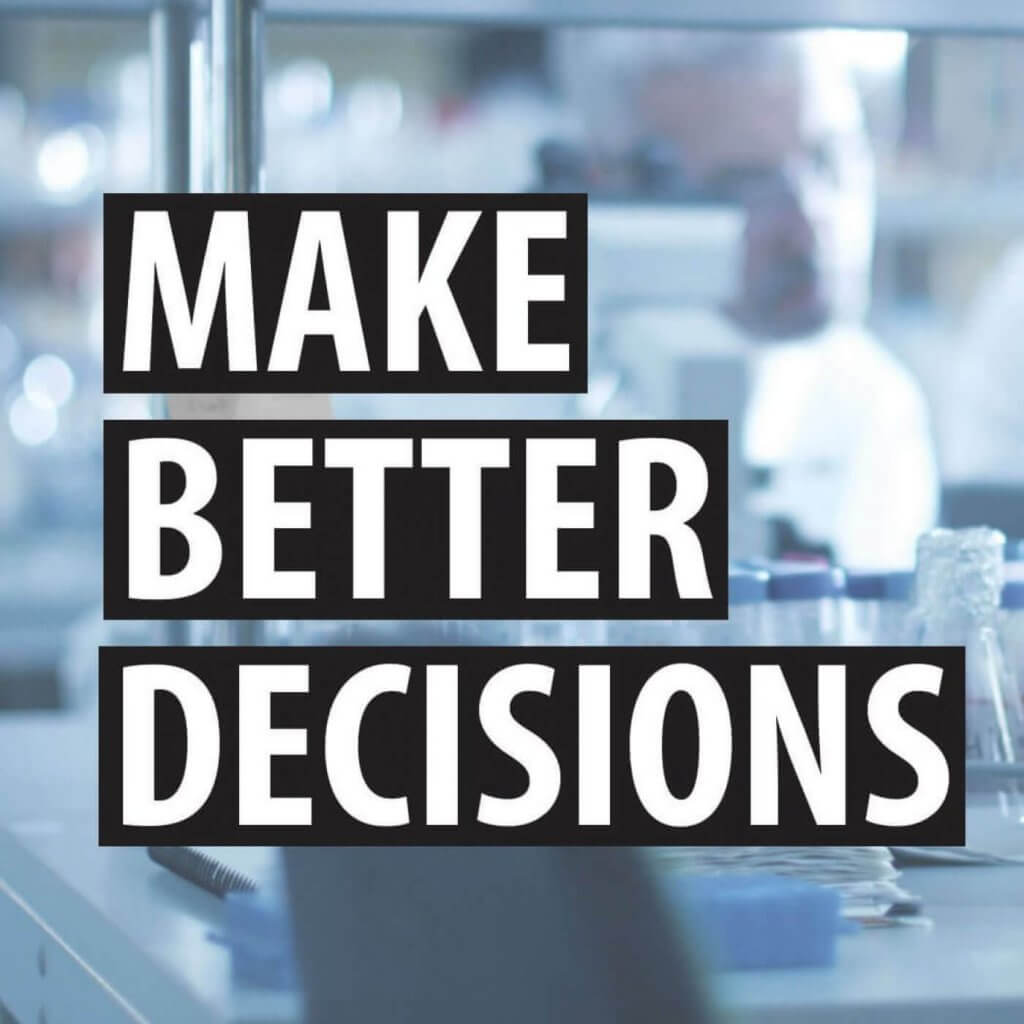Table of Contents
Patent Expirations and Generic Competition

This week saw several major blockbuster drugs facing patent expirations, potentially opening the market for generic competition. This could lead to significant price reductions for patients and impact the revenue streams of the originator companies.
One of the most notable expirations is Bayer’s blood thinner Xarelto, which has been a key revenue driver for the company. Bayer has been actively fighting to protect its patent, with mixed results:
“Fighting the patent expiry for Xarelto worked for Bayer in Europe, and the European Patent Authority granted the company an extension in 2021 until January 2026. However, London’s High Court ruled last week Bayer’s patent was invalid, overturning the 2021 decision, after rival pharmaceutical companies targeted the patent. Bayer said it will appeal the decision.”[1]
Bayer’s struggles highlight the challenges pharmaceutical companies face as they try to extend the life of their blockbuster drugs. The company’s efforts to develop a replacement anti-clotting drug were unsuccessful, leaving them vulnerable to the impending revenue decline.
Another significant patent expiration is Otsuka Pharmaceutical’s Abilify Maintena, an antipsychotic medication used to treat schizophrenia and bipolar disorder. The impact on Otsuka is expected to be substantial:
“After the projected 12% drop in sales from 2024 to 2025, sales will continue falling — from $1.5 billion in 2024 to $459 million by the end of 2029, according to GlobalData.”[1]
However, Otsuka has been proactive in developing a longer-acting formulation, Abilify Asimtufii, which could help mitigate the impact of generic competition.
FDA Approvals
The U.S. Food and Drug Administration (FDA) has been busy this week, granting approval to several new drugs. As of June 29, 2024, the FDA has approved 20 novel drugs this year[5]. Some of the most recent and notable approvals include:
- Piasky (crovalimab-akkz) for the treatment of paroxysmal nocturnal hemoglobinuria
- Sofdra (sofpironium) for the treatment of primary axillary hyperhidrosis
- Iqirvo (elafibranor) for the treatment of primary biliary cholangitis in combination with ursodeoxycholic acid
These approvals highlight the ongoing innovation in the pharmaceutical sector and the potential for new revenue sources for drug manufacturers.
Patent Litigation and Settlements
This week also saw a high-profile patent infringement case reach a settlement. While the specific details are confidential, industry analysts suggest that the agreement involves licensing terms that will allow for earlier market entry of a generic version, balancing innovation incentives with access to affordable medicines.
Mergers and Acquisitions
In a significant move, a mid-sized biotech firm specializing in oncology treatments was acquired by a major pharmaceutical company. This acquisition signals continued consolidation in the industry and the pursuit of promising drug pipelines. The deal, valued at several billion dollars, is expected to bolster the acquiring company’s position in the competitive oncology market.
Clinical Trial Results
Positive Phase III clinical trial results were announced for a potential breakthrough therapy in Alzheimer’s disease. While the full data is yet to be published, preliminary results suggest a significant reduction in cognitive decline compared to placebo. This development could have far-reaching implications for both patients and the competitive landscape in neurodegenerative disease treatments.
Regulatory Changes and Global Market Expansion
The U.S. Patent and Trademark Office (USPTO) proposed new rules aimed at increasing transparency in patent applications. These changes could significantly affect how pharmaceutical companies approach their intellectual property strategies.
“As drug pipelines improve, financial company JPMorgan sees the upcoming patent cliffs in the mid-2020s ‘largely manageable.’ They also expect the biopharmaceutical industry’s sales to be ‘roughly stable’ through 2030.”[2]
On the global front, several pharmaceutical companies announced plans to expand their presence in emerging markets, particularly in Asia and Latin America. This trend highlights the industry’s focus on growth opportunities beyond traditional markets.
Looking Ahead: The Patent Cliff and Drug Pricing
As we look to the future, the pharmaceutical industry faces a significant patent cliff, with numerous blockbuster drugs set to lose exclusivity in the coming years. This situation is prompting companies to adopt various strategies to maintain their market position:
“So they don’t lose revenue, pharmaceutical companies are shifting to delay competition or extend patent protections on drugs. For instance, Merck is testing a new, more convenient version of Keytruda. This version can be injected under the skin rather than through intravenous infusion. If the new form is approved, it might secure a separate patent. This would extend Keytruda’s market exclusivity by several years.”[2]
Additionally, the implementation of Medicare drug price negotiations under the Inflation Reduction Act adds another layer of complexity to the industry’s future:
“Medicare has begun price talks this year for the first round of 10 prescription medications, which include Stelara and Eliquis. In the fall, the federal government plans to announce the agreed-upon prices for those medications, which will go into effect in 2026.”[2]
These developments underscore the dynamic nature of the pharmaceutical industry, where patent expirations, regulatory decisions, and scientific breakthroughs continue to shape the competitive landscape and impact drug accessibility and pricing. As we move forward, it will be crucial to monitor how these factors interact and influence the industry’s trajectory.
Citations:
[1] https://www.pharmavoice.com/news/drug-patent-expirations-xarelto-abilify-victoza/713384/
[2] https://www.pbahealth.com/elements/big-pharma-companies-and-the-threat-of-expired-patents/
[3] https://www.fiercepharma.com/special-reports/top-10-drugs-losing-us-exclusivity-2024
[4] https://qz.com/drug-patents-expire-1851526628
[5] https://www.fda.gov/drugs/novel-drug-approvals-fda/novel-drug-approvals-2024
[6] https://www.fda.gov/news-events/press-announcements/fda-roundup-june-18-2024
[7] https://www.drugs.com/newdrugs.html
[8] https://ir.bauschhealth.com/news-releases/2024/06-20-2024
[9] https://www.ftc.gov/news-events/news/press-releases/2024/06/ftc-submits-comment-supporting-proposed-uspto-rule
[10] https://www.juve-patent.com/cases/settlement-ends-formycon-and-johnson-johnson-fyb202-biosimilar-dispute/
[11] https://www.contractpharma.com/contents/view_online-exclusives/2024-01-31/2024-pharmaceutical-industry-mergers-acquisitions-roundup/
[12] https://www.labiotech.eu/recent-biotech-deals/
[13] https://www.pharmexec.com/view/twists-turns-biopharma-dealmaking-2024-trends
[14] https://www.mmm-online.com/home/channel/biopharma-mampa-activity-jumped-in-q1-2024/
[15] https://www.drugdiscoverytrends.com/pharma-ma-trends-2024-acquisitions-strategic-partnerships/


